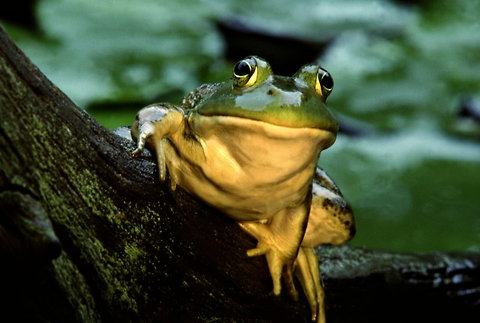There’s one thing about cancer that is undeniable. And that is that it abruptly confronts you with your mortality. Which is interesting, because many cultures, have so many taboos around death. We don’t talk about it. We remain in denial, about our own deaths, and of those close to us. We use euphemisms when a person dies. We too often avoid the topic. We even hide it from our own minds.
However, when you step over the line in the sand when we learn we have cancer, or if someone close to us is diagnosed, that taboo seems to melt away. Being part of a close cancerhood which includes too many with metastatic cancer, means that the subject of death is always there.
I learned a great deal about death and grieving when my father in law died nine years ago in north eastern India where my husband’s family is from. The family belongs to the “Tamang” ethnic Himalayan hill people and are very devout Buddhists. As a foreigner (and new daughter in law) in such an intense situation there was the potential for a very difficult time. I had no understanding of the rituals, or what would happen and my own cultural block prevented me from asking. This was eased enormously for me, when one of my husband’s aunts took me to one side and passed me “The Tibetan Book of Living and Dying” and pointed me to the chapters on ritual and belief around death.
As well as being enormously helpful and enabling me to understand and engage as appropriate in the rituals, I learned a great deal from that book as well as from being with the family throughout these rituals. I recount this from my memory of that time and what I have retained from the explanations from family and the book which accompanied me throughout. This is my own understanding and I trust that it is accurate, and am happy to be corrected if I err at all.
I am a complete novice in the teachings of Buddhism, so please be gentle with me if I either over-simplify or misconstrue. It is well known that Buddhism is based on the principle of reincarnation. This is where the way we have acted in this life influences and shapes where we head in the next one. As such the process of death is one of the soul passing to the next life and very important. It is critical that the process is carried out properly.
I felt humbled and privileged to be part of this when my father in law died. I found this process enormously respectful and helpful in that it guides the bereaved through a process where they focus on the transition of their loved on in stages and helped me to understand how differently we deal with death in different contexts.
The time of death is believed to be very traumatic for the soul of the one who has died and there is a transition stage known as “bardo” which the soul passes through. It is very important that Buddhist monks guide the departing soul through this process, with rituals known as the “phowa”. This is intended to help the soul understand that they have died and to support them to gradually come to terms with this. Over these early hours and first days following death there is chanting to comfort the soul, and the family say kind things about their lost one, leaving out their favourite foods and drinks to make sure they feel loved and not distressed. The funeral takes place very soon after death, at a place and time identified by the monks.
The 49 days following death are very important in the Buddhist rituals and beliefs, representing seven periods of seven days each. At each seven day point, rituals will be held in the home, Buddhist monks chanting and carrying out the appropriate “puja” to support the soul on their journey towards their next incarnation or next life. At the third seven day period, that is on the 21st day, an important “puja” is held. At this point the soul moves from the stage where they are newly passed, to that where they are preparing for their next incarnation. While in the first 21 days, the soul is believed to be nearby and moving through this “adjustment” phase, after that it is believed that on one of the next seven day points, the soul will pass to the next life, therefore either at the 28th, 35th or the 42nd day.
When the 49th day comes, it is known that the soul has moved on and there is a major day of rituals and puja, with family and friends coming from far and wide to pay respects and to grieve. It is a painful and highly emotional day, for it is on the 49th day, the family and close ones know that their loved one has moved on and they grieve their loss.
Today marks the 49th day since my father’s death.
Post Script
Strangely I dreamed of my father last night, after I had written this. Strangely, because this is unusual. I do not dream often of my father, I never have. I think of him frequently but rarely dream. Last night, in my dream, he came to visit us in our home. He was looking so well, was dressed in his usual everyday “countryside smart but casual” clothes and standing in the garden near our door. I was pleased to see him standing and walking unaided, and out and about as he had been so frail when I last saw him. Memory was clearly blurring with reality.
He didn’t come into the house, but we stood outside and chatted. Small talk. Chit chat. Nothing of substance, but pleasant and lighthearted.
Writing this post and thoughts of the 49 days perhaps prompted my subconscious to form this dream. Or perhaps not?


















